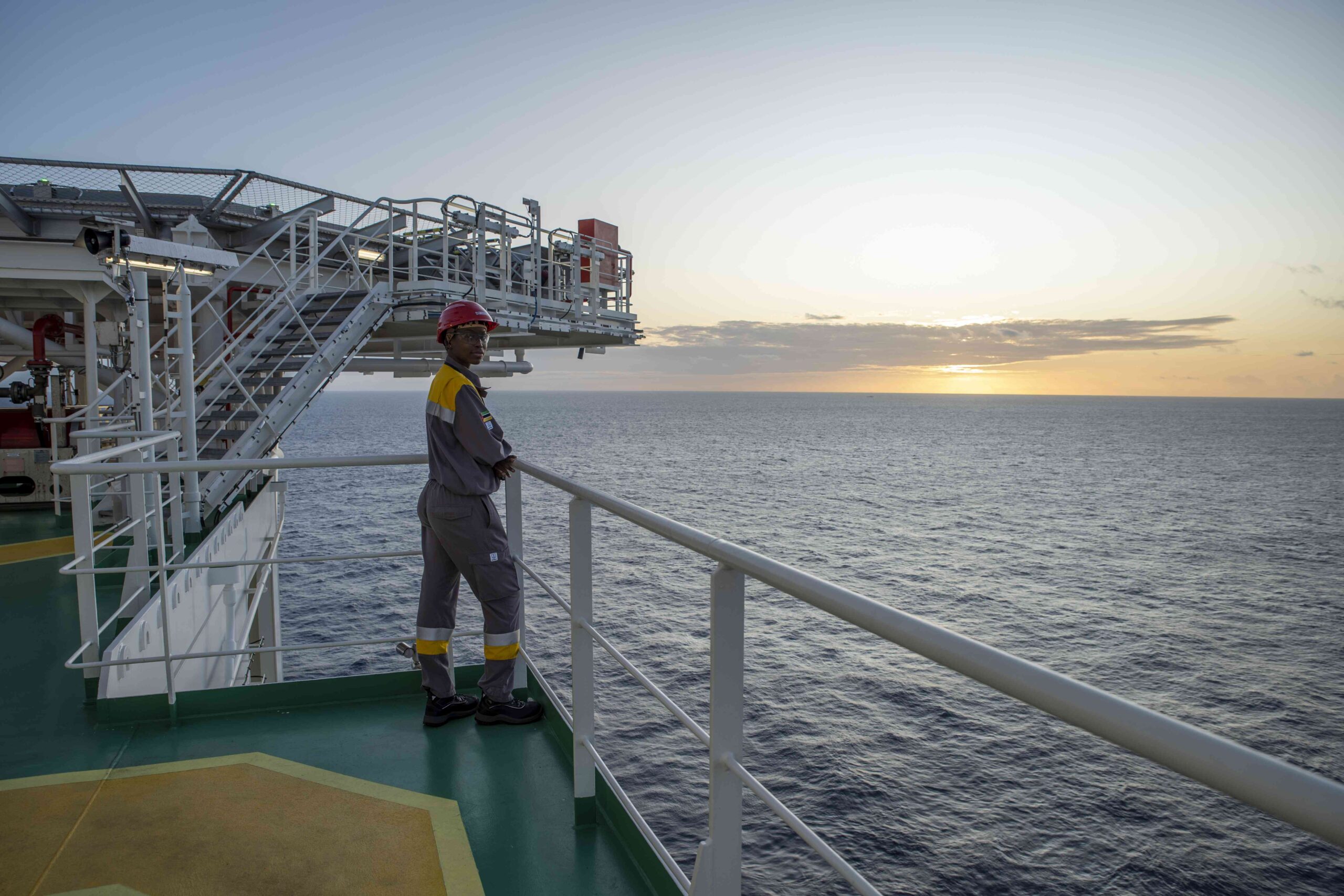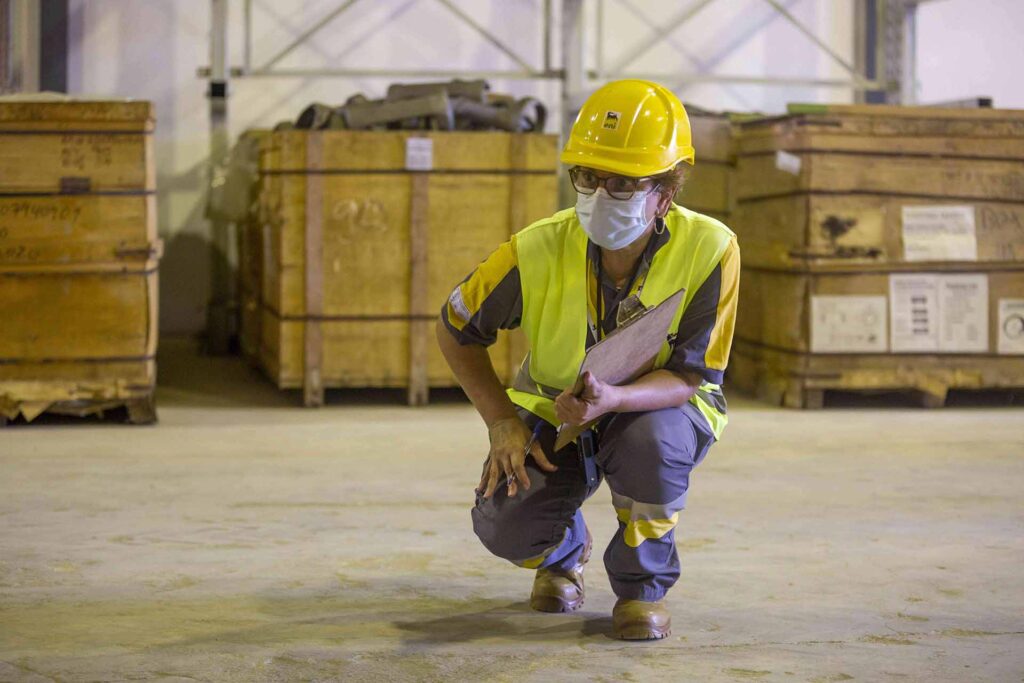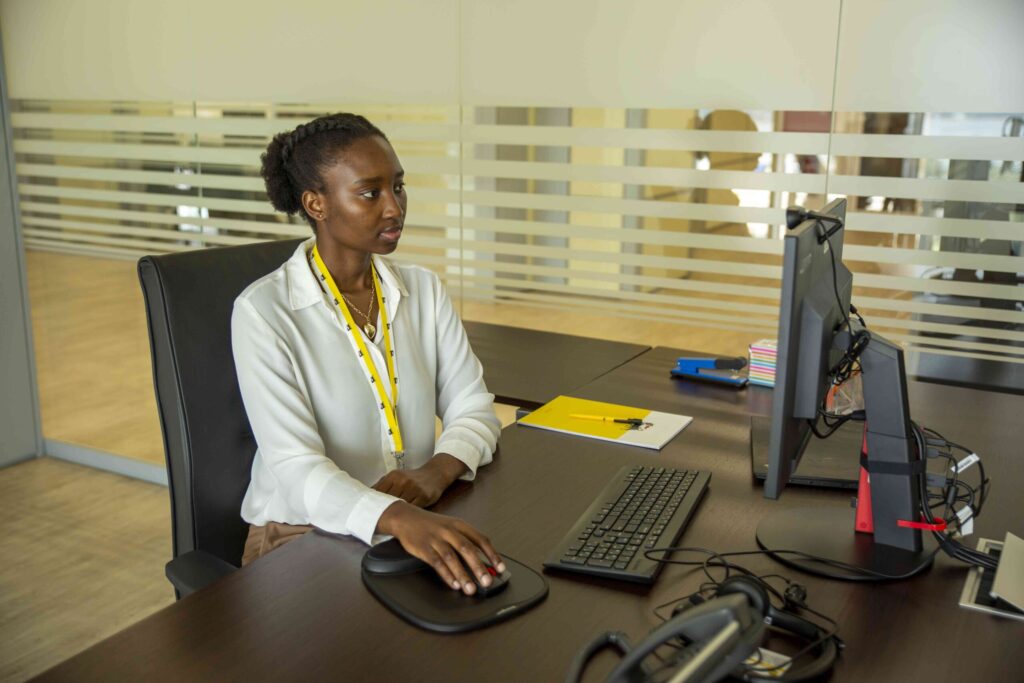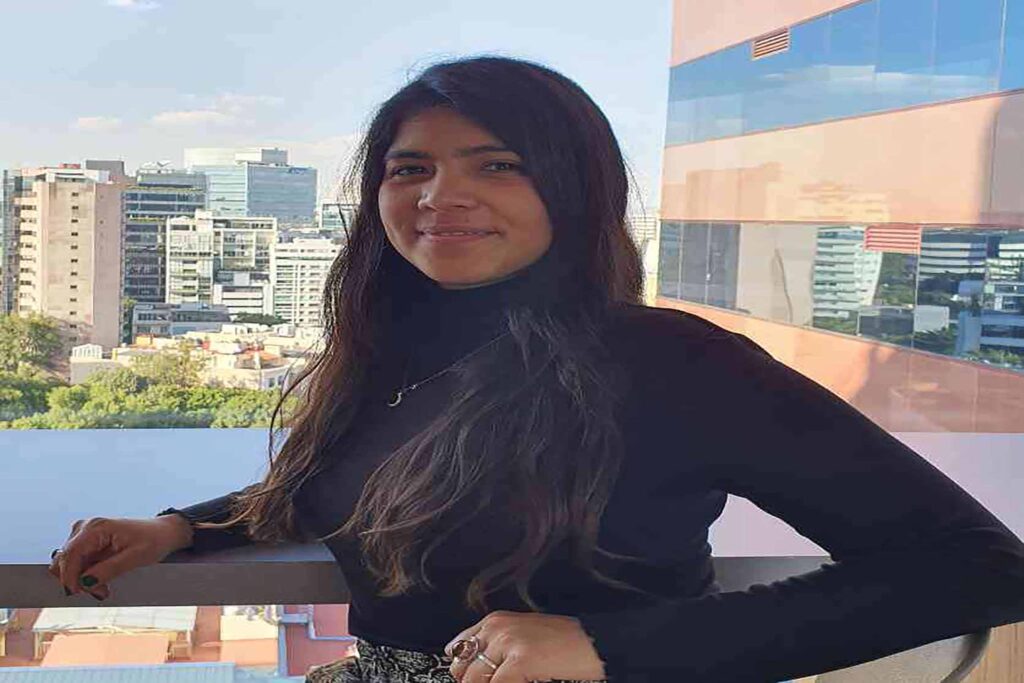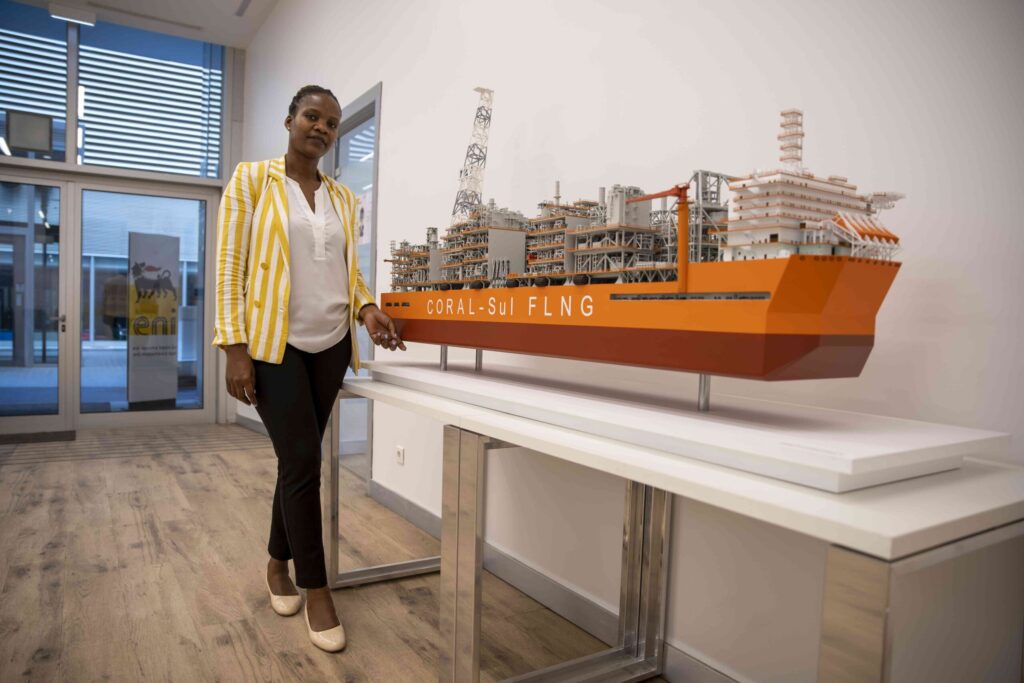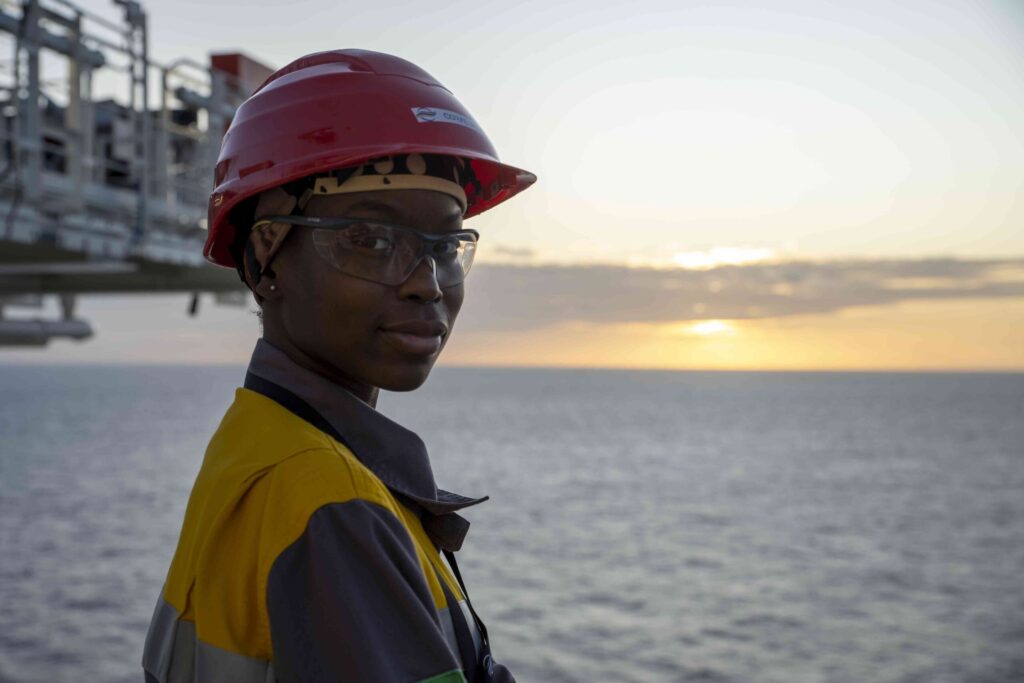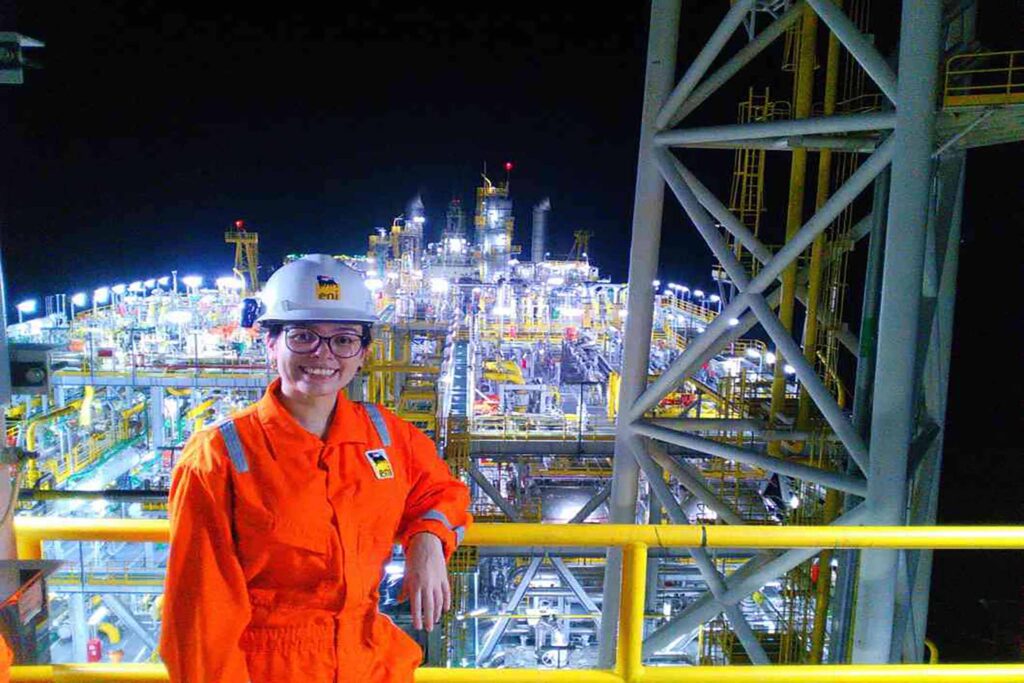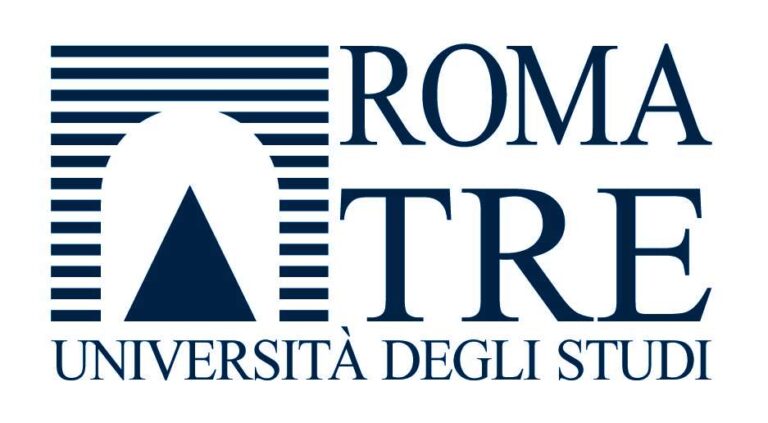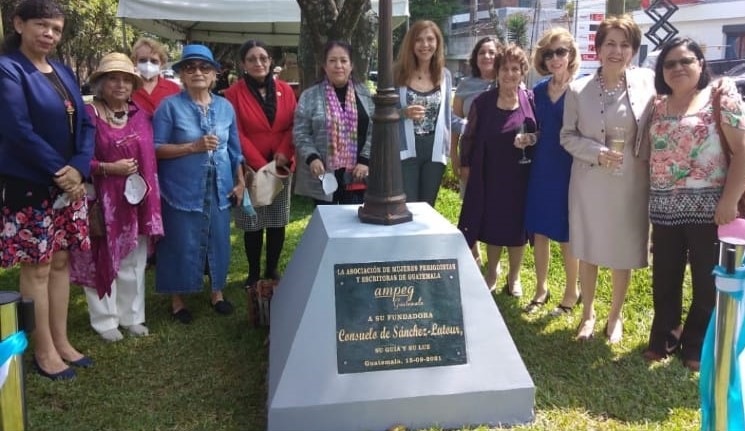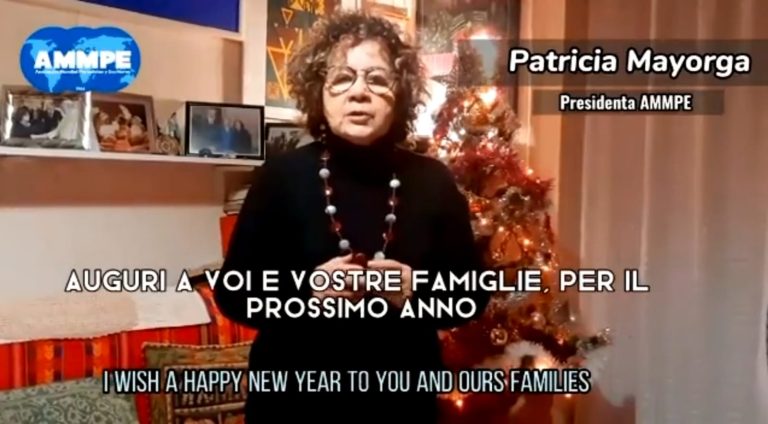THE WOMEN OF OIL & GAS
Photo: Platform on board the FLNG, Eni’s first floating plant for the production and liquefaction of natural gas in Mozambique and the first on the African continent
Mexico and Mozambique: two examples of Eni’s authoritative female presence in North America and Africa.
They live very far from each other, they have different habits, customs, idioms, maybe they have never even seen each other, but one thing unites them: they are the so-called «gas women» of Eni, who carry out their work with great dedication, usually considered the prerogative of men, and Eni’s mission is to promote access to energy resources in an efficient and sustainable way for everyone.
Silvia and Nayeli, from Mexico, and Cleide, Gisela, Cleide and Noma, from Mozambique, have parallel but common stories. They are all engineers, most of them not yet thirty. They work, both in the control and monitoring of the wells of the Mizton and Amoca platforms, like Silvia, and collaborating in the exploration area in technical-regulatory compliance with the government bodies of the country, like Nayeli.
Is working on the Coral South project, the first project for the development of gas resources discovered in the Rovuma basin
Eni is «a great school» from which she is learning a lot
Oversees the technical-regulatory compliance of the exploration contracts signed with the Mexican state
“Challenges make you grow”. Is her slogan
Is the guardian of a more than precious casket: the security
Responsible for controlling, and monitoring the wells of the Mizton and Amoca platforms
IN MEXICO
Silvia Brambilla, a young chemical engineer, is a «control room operator», i.e. she is responsible for controlling, operating and monitoring the wells of the Mizton and Amoca platforms, which means that in the event of «an operational problem, my job is to report equipment failures or defects and check the incoming flow to the FPSO MIAMTE MV34, floating installation of the oil tanker carrying out oil production, storage and offloading activities (FPSO for its acronym in English); also act when necessary to correct any situation and limit the risks to personnel, plant equipment and production during emergency situations,” she replies.
For her part, Nayeli Islas, also an engineer, oversees the technical-regulatory compliance of the exploration contracts signed with the Mexican state. Eni Mexico holds six contracts as operator and two as non-operator. It also collaborates with the technical and administrative team so that the applicable regulations are respected in a multidisciplinary way regarding exploration plans, annual programs and budgets, surface exploration and reconnaissance (ARES) activities, well plans, delivery of information to the National Hydrocarbons Information Center (CNIH) and control of costs incurred by exploration plans.
Silvia decided to study chemical engineering “because it is an essential branch of science dedicated to the transformation of raw materials through chemical processes into products or services with high added value. So my profession allows me to contribute to the economy and development of Mexico”. Nayeli, on the other hand, knew from an early age that she wanted to study engineering: «I was interested in understanding how the world works and how human beings use tools to make everyday life easier». She was initially interested in studying robotics; however, her passion for earth sciences made her change her mind and she preferred to study petroleum engineering.
Although Mexico, like most Latin American countries, is a country where machismo is still strongly rooted, neither of them felt discriminated against in this profession. They have always felt respected, part of the Eni team and valued. However, Nayeli Islas adds that «it is necessary to continue to gain ground in Mexico so that the work of women and men is equal in order to achieve equal employment opportunities in all sectors».
Both consider the investment in Eni very important for their professional and work development. For Silvia Brambilla “participating with Eni in such an important project as the FPSO MIAMTE MV34 has allowed me to have a wealth of knowledge, experience and challenges that have shaped me to face any situation. It has allowed me to be part of a high-performing, multicultural work team that contributes to oil production, part of Mexico’s economic growth.»
For Nayeli “collaborating with one of the most important oil companies in the world is a very rewarding experience on a professional level. Eni is a company that promotes the integral development of its employees, allowing them to develop transversal skills that make you see the sector globally and not just a piece of the puzzle”, he underlines. This allowed me to «develop my comprehensive education and be able to be critical and proactive in addressing the daily challenges faced by oil operators in Mexico, principally, full compliance with the regulation of exploration and production contracts for the different institutions in Mexico and adaptation to comply with internal and external regulations”.
Both also agree on the great impetus that Eni has given to the economic and sustainable development of Mexico in various areas, such as «oil exploration and production works on the coast of Tabasco, where we have launched various projects to support the coastal communities of the municipality of Cárdenas in the state of Tabasco, near the area, which provide for collaboration in priority areas of intervention such as education, socio-economic development, employment, health, environmental sustainability and safety”, says Silvia Brambilla.
Silvia also underlines the fact that «alliances have been created to promote the sustainable development of the local economy through the protection of cultural and natural heritage, access to basic services and the promotion of human rights».
According to Nayeli Islas «actively collaborate in the foreign company that reported the largest investment in contracts signed with the Mexican state, according to the National Hydrocarbon Commission as of June 2022, and know that the economic commitment also includes social benefits to the surrounding communities it makes me very proud.»
“Eni is today one of the most important oil companies in Mexico, which makes it a fundamental element for the economic and sustainable development of my country. Implementing local development projects in its area of influence, focusing on education, health and economic diversification, adopting the strategic vision of the United Nations and integrating the seventeen Sustainable Development Goals (SDGs) into its corporate mission and making specific commitments for each of them ”, concludes Nayeli.
IN MOZAMBIQUE
When Cleyde de Jesus Severino Gonzaga began working at Eni in 2011, the acquisition of the first seismic models was underway, which kicked off the exploration campaign. Currently, her role as customs coordinator and deputy base manager requires her to have a high organizational capacity and above all great attention to detail.
She is currently working on the Coral South project, the first project for the development of gas resources discovered in the Rovuma basin, off the coast of the country, «a project in line with international standards like no other project in Africa so far», she says. “From the point of view of logistics, each step required a large number of permits, not counting the management of passports and visas of the staff who came and went. Just to get SAIPEM 10000 permission to operate offshore Mozambique, we produced tons of permits. In the end, also thanks to the cooperation and support of the authorities, we achieved it».
Gisela Nhambi studied mechanical engineering at the Eduardo Mondlane University in Maputo. Ten years ago she was selected by Eni Corporate University for a year of training in Italy, based in Milan, where she learned an important trade, which she now carries out with competence and ease. “Challenges make you grow” is his motto.
Noma Karma Malendza works in a floating platform on board the FLNG, Eni’s first floating plant for the production and liquefaction of natural gas in Mozambique and the first on the African continent. When she learned she had been selected for this, she had just turned twenty-four. She is the guardian of a more than precious casket: she is the security controller.
In South Korea, Noma was together with Cleide Virginia Firmino Muchate, twenty-five, who coordinates activities in case of emergency, and manages waste disposal. For Cleide, Eni is «a great school» from which she is learning a lot; personally she describes herself as a ‘blank slate’ on which the experience on board the Coral Sul is writing a story that makes her proud because it makes her proud of her country.
The example of these professionals – who belong to two different continents, America and Africa, all of whom are proud of their work – highlights the potential that can arise and develop all over the world when human resources are valued in any context.
